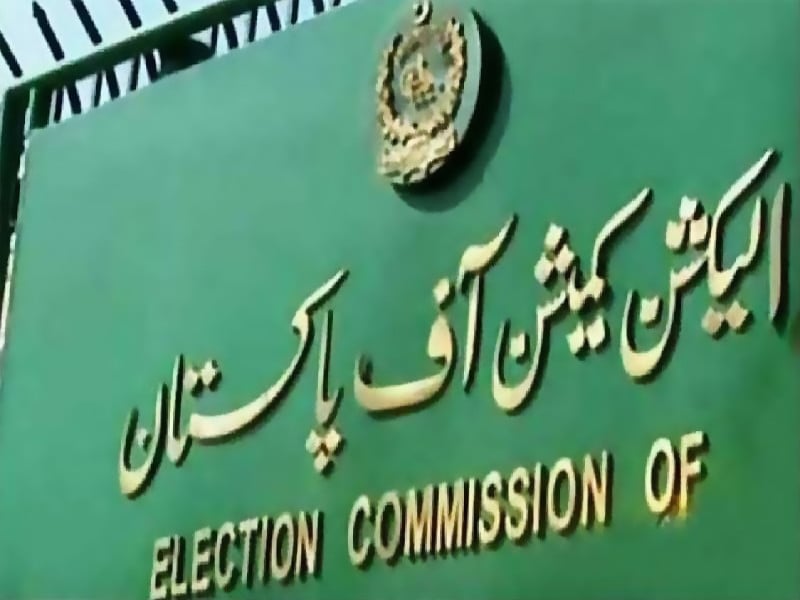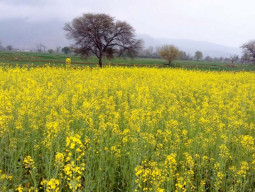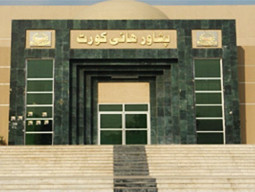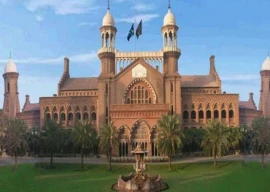
The Election Commission of Pakistan's (ECP) has once again approached the Supreme Court, seeking guidance on allocation of reserved seats to the PTI, just days after the SC not only provided detailed reasons for deeming Imran's party fit for claiming reserved seats but also listed down the ECP 'failures" to conduct free and fair election on February 8.
The ECP on Thursday filed a Civil Miscellaneous Application (CMA) in the top court, asking as to whether it should implement the Supreme Court's July 12 judgment or abide by the newly passed Elections (Second Amendment) Act, 2024, enacted by parliament on August 6.
The ECP's move comes amid a clash between two powerful institutionsparliament and the judiciaryboth asserting their authority over the allocation of reserved seats to the former ruling party.
On July 12, the SC through a majority of 8 to 5 ruled that the PTI was entitled to the seats reserved for women and minorities, which the ECP had initially distributed among other parties.
However, in response, parliament quickly amended the Election Act of 2017, imposing new restrictions on party-switching by independent candidates, in direct conflict with the top court's ruling.
The amended election act prohibits independent candidates who join a political party after elections from changing their political affiliation.
This amendment has placed the ECP in a challenging position, as it is now required to balance its constitutional duty to follow the judiciary's order while respecting parliament's legislative authority.
The ECP has already filed a review of the Supreme Court's July 12 order, raising additional grounds following the release of the court's detailed judgment on September 23.
However, with the new legislation passed by parliament, the ECP is now questioning whether it can legally allocate the reserved seats to the PTI without violating the amended law.
The commission's CMA seeks clear guidance on how to proceed, as it risks being in contempt of court if it does not comply with the judgment, while potentially violating parliamentary sovereignty if it ignores the new law.
In the CMA, the ECP stated that it has filed the application in view of the promulgation of the election act on account of the fact that at the time when it had previously sought clarification, the election act was not amended.
However, the CMA stated, since the election act "exists as the law of the land and has been accorded a retrospective effect, thereby, the Order of this Court dated 12-07-2024 based on the law prior to the amendment enacted, stands altered."
In an official statement, the ECP said it deliberated on the situation after unveiling of the detailed order on the reserved seats and the amendments in the election act in the past few days and decided to file a CMA, raising a few points on the explanatory order of the Supreme Court.
Since the detailed order has also come, it said, additional grounds have been included in the already filed review appeal. Also, the ECP said, the CMA has been filed to seek guidance if the ECP should follow the Supreme Court order or the law subsequently passed by parliament.
Just days before unveiling of the detailed verdict, National Assembly Speaker Sardar Ayaz Sadiq wrote a letter to the ECP, urging the commission to apply the amended law when allocating the contested seats.
The speaker emphasized that the amendment law invalidates the Supreme Court's ruling, arguing that no allocation of reserved seats could take place without adhering to the newly passed legislation.
Sadiq's letter highlighted parliamentary sovereignty, warning that any failure to respect the legislative authority of parliament could undermine public trust in democratic institutions.
The speaker also stressed that the legislative amendment had retrospective effect, meaning that it applied from the point when the election act was enacted in 2017 and that effectively nullified the Supreme Court's judgment.
The reserved seats allocation holds significant political weight, as it could drastically shift the balance of power in the National Assembly.
Should the Supreme Court's ruling be implemented, the PTI would secure a substantial number of seats, allowing it to become the single largest party in the National Assembly.
This would deliver a blow to the ruling PML-N-led coalition, which is already struggling to get a two-thirds majority necessary to pass much-desired constitutional amendments.
Though the ECP has approached the top court again, it still remains stuck between the demands of parliament and the stern orders of the judiciary.
Legal experts have warned that the ECP cannot simply ignore the amended election act, while others argue that the commission has no choice but to implement the Supreme Court's judgment as non-implementation would amount to contempt of court.




1721030563-0/BeFunky-collage-(8)1721030563-0-165x106.webp)















COMMENTS
Comments are moderated and generally will be posted if they are on-topic and not abusive.
For more information, please see our Comments FAQ